

AI


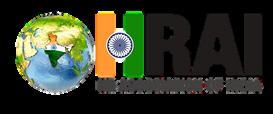
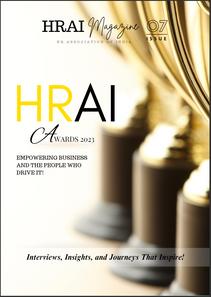
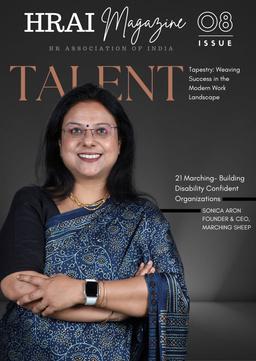
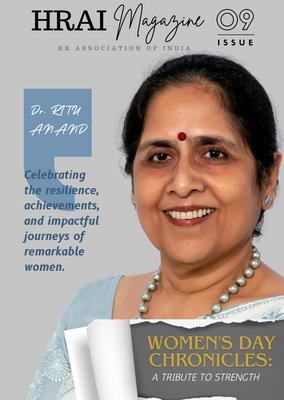

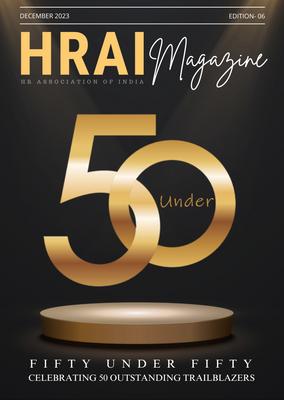
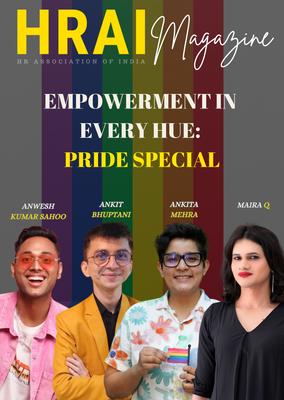
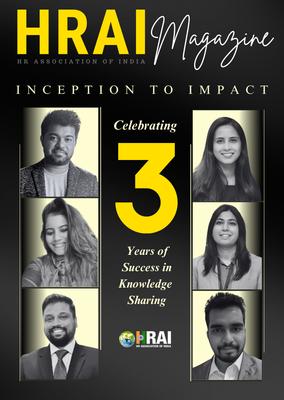


HRAI firmly believes in the power of teamwork and the value it brings. When diverse talents and perspectives come together, something extraordinary happens. The collective synergy we create goes beyond what any individual can achieve alone and together we see the potential to make a lasting impact on the world.
Welcome to the 2025 edition of our Diversity, Equity, and Inclusion (DE&I) Magazine, a space dedicated to honoring the vision, resilience, and impact of organizations that are reshaping the future of work through inclusion. This special issue shines a spotlight on this year’s winners trailblazers who have gone beyond policies and programs to create workplaces rooted in belonging, fairness, and respect
In today’s dynamic world, where differences can so easily divide, these organizations remind us that diversity is strength, equity is progress, and inclusion is the path forward Their stories reflect not only bold strategies but also everyday acts of empathy and courage that transform cultures and empower people to thrive.
We extend our heartfelt appreciation to every winning organization for allowing us to chronicle their DE&I journeys Their commitment demonstrates that building inclusive workplaces is not a checkbox it is a movement that shapes mindsets, unlocks innovation, and uplifts entire communities.
As you turn these pages, we hope you’ll find inspiration in the stories, insights, and learnings shared here. May they serve as a reminder that a truly equitable and inclusive future is possible one where every individual feels seen, valued, and empowered to succeed.
Thank you for being part of this journey with us.


14
DR. AMIT DAS, DIRECTOR - HUMAN RESOURCES & CHRO AT BENNETT COLEMAN & CO. LTD (THE TIMES OF INDIA)
18
AKANKSHA SANE CHIEF PEOPLE OFFICER, SG ANALYTICS
22
DR. C. JAYAKUMAR
EXECUTIVE VP & CHRO, LARSEN & TOUBRO
28
MEGHA THAPAR
ASIA PACIFIC COMMUNITY & CULTURE LEAD, CBRE
36
PRIYA TIKARE
DIRECTOR AND HEAD OF HUMAN RESOURCES, LENOVO INDIA
38
MEENAKSHI DAGAR, CHIEF FINANCIAL OFFICER AND EXECUTIVE SPONSOR, WOMEN IN LENOVO
41
ANITA KAPOOR,
DIRECTOR LEGAL – INDIA & SOUTH ASIA AND EXECUTIVE SPONSOR, PROFESSIONALS
RESPECT INCLUSION, DIVERSITY AND EQUALITY (PRIDE)- LENOVO

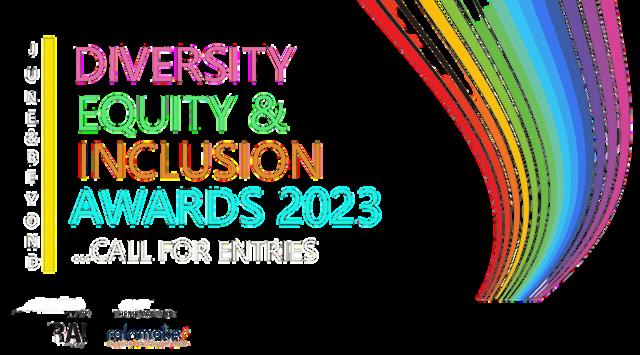

44 RENU JETHANI
SR. AVP, HR HEAD – INDIA, SOUTH AFRICA AND GLOBAL VERTICALS, SUTHERLAND
48
ANUMALLA SANDEEP RAO DE&I LEAD, TEKWISSEN
32 JAYA VIRVANI, Chief Wellbeing Officer & Diversity, Equity & Inclusion Leader, EY GDS
26 DR. HARRY CD, CHIEF SUSTAINABILITY OFFICER, ASCEND TELECOM
50 SARIKA ARORA SAINI GLOBAL HEAD – DIVERSITY, EQUITY & INCLUSION BIRLASOFT LIMITED
08 ABOUT DEI PARTNER: RAINMAKER
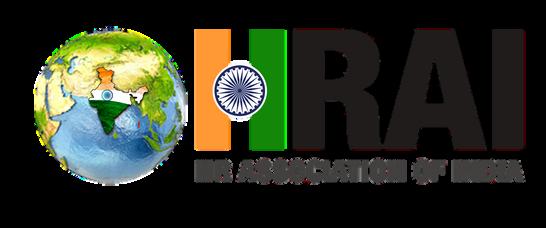

e HR Association of India (HRAI), founded in 2020 is an esteemed non-profit organization that has been playing a pivotal role in shaping the HR landscape in India. Their primary focus is on exploring, discussing, and promoting the latest business scenarios, market trends, change management, and leadership in the HR industry. HRAI is dedicated to creating a community of professionals, learners, and mentors who share their insights and learn from each other to elevate the standard of HR practices in the country.
HRAI's success is attributed to its commitment to excellence and tireless efforts in facilitating interactions between HR professionals and subject matter experts. Through its initiatives such as panel discussions,

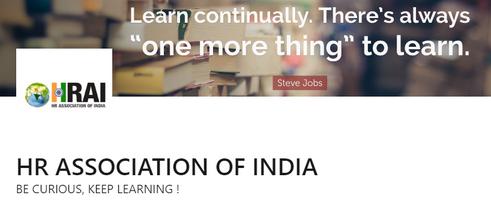
In addition to their educational initiatives, HRAI also recognizes organizations' best practices and individual contributions through awards and conferences These events celebrate the achievements of exceptional professionals and organizations that have made significant contributions to the HR industry in India. Over the years, HRAI has featured more than 1,000 experts and leading minds in the fields of HR, IT, Marketing, Finance, and more, making it a hub for learning and networking.
For HR professionals in India, HRAI offers unparalleled opportunities to connect with like-minded peers, learn from experts, and gain recognition for their hard work and achievements. By joining HRAI, HR professionals can stay updated on the latest trends, best practices, and strategies that can help them take their careers to the next level
HIGHLIGHTS:
HRAI, founded by Dr. Ankita Singh, drives industry initiatives and organizes prestigious awards for organizations, emerging leaders, and trailblazing women leaders. Notable participants include Blue Star Limited, Reliance Retail, Landmark Group, Oracle, Birlasoft, Vedanta and more.
Our commitment to excellence is reinforced through partnerships with the Great Managers Institute and top 100 great managers, who have taken masterclasses and featured in Forbes Magazine.
Elite leaders like Dr. TV Rao, Harjeet Khanduja, and Prasenjit Bhattacharya have graced our one-on-one talk shows, enhancing our members' knowledge base.
Our article initiative showcases thought-provoking articles by eminent leaders from organizations like BCCL, Bajaj Energy, TimesPro, Jio, Welspun Group, Great place to work and Accolite Digital.
The 23 Of 2023 Initiative recognizes exceptional leaders and entrepreneurs based on a predetermined theme. Featured leaders include those from Adani, Reliance, IBM, Infosys, KPMG, as well as notable celebrities.
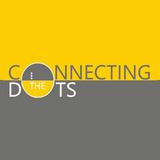
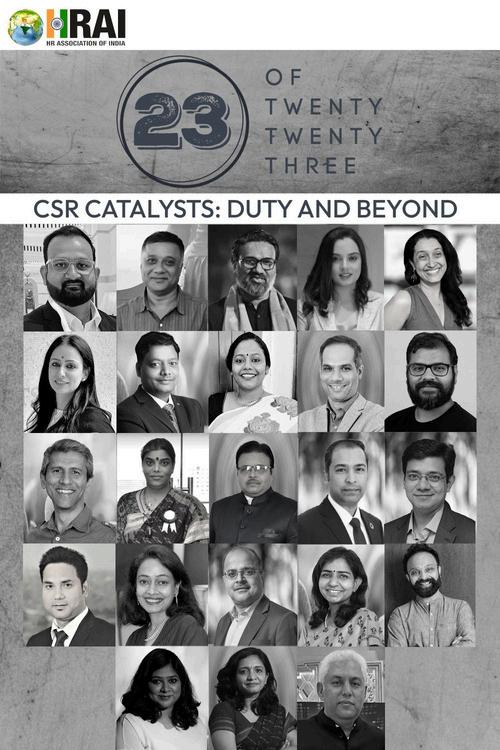
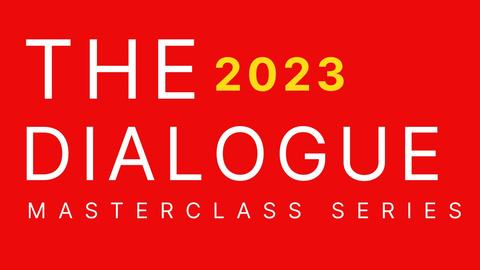
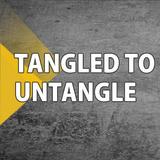
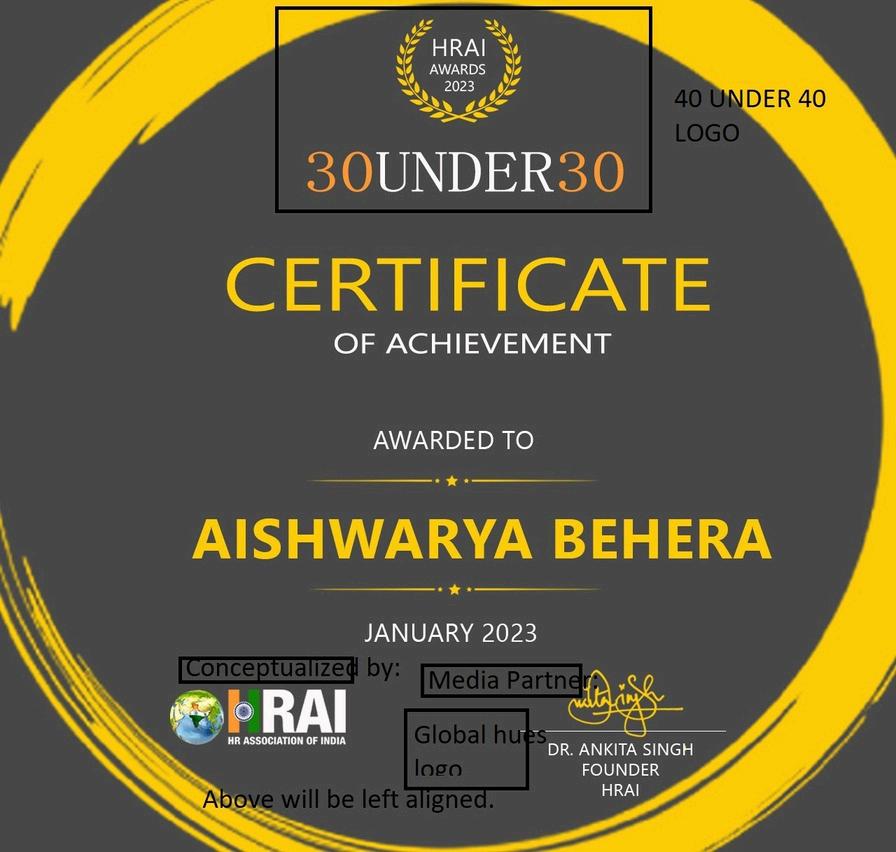
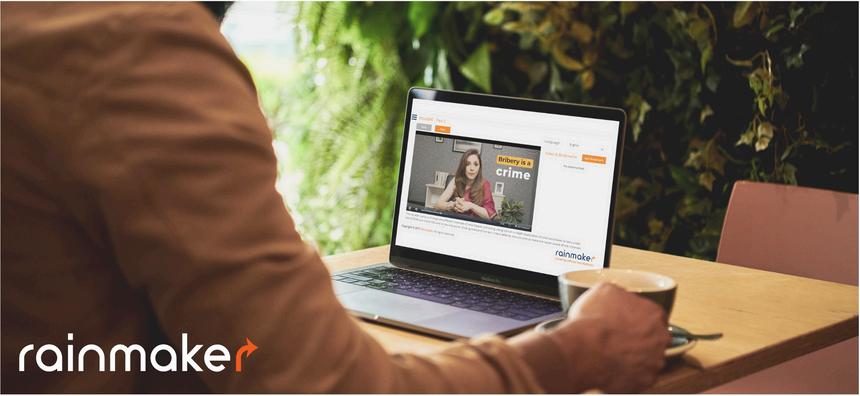
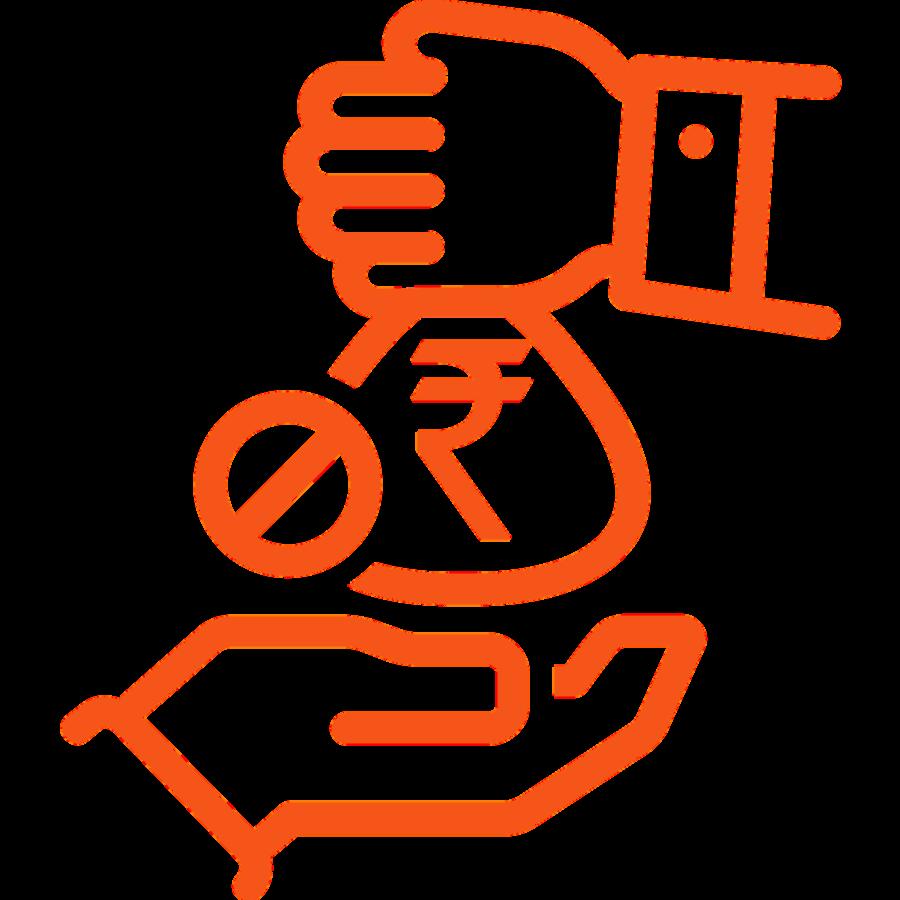



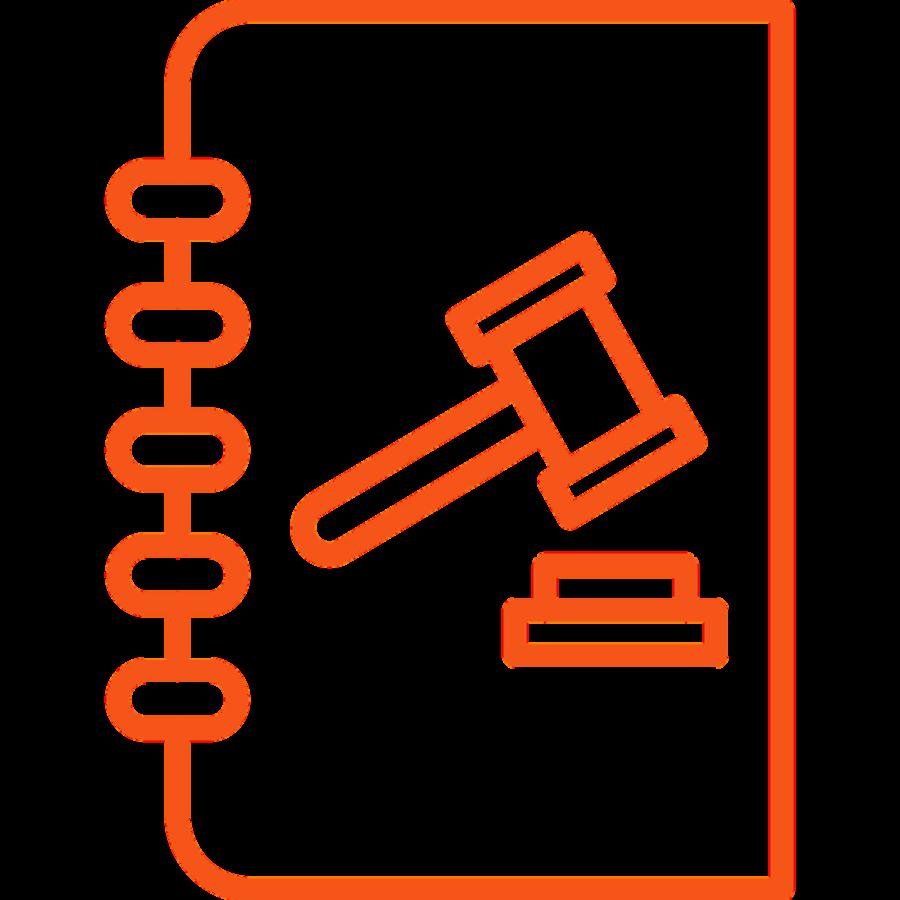

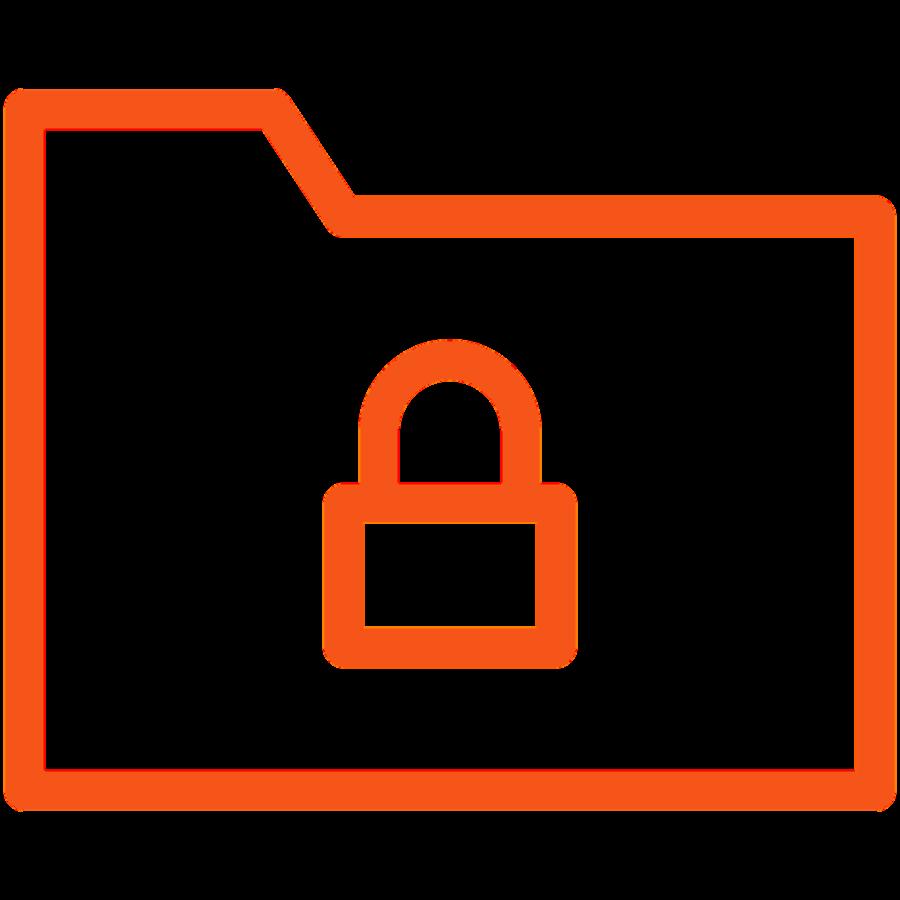

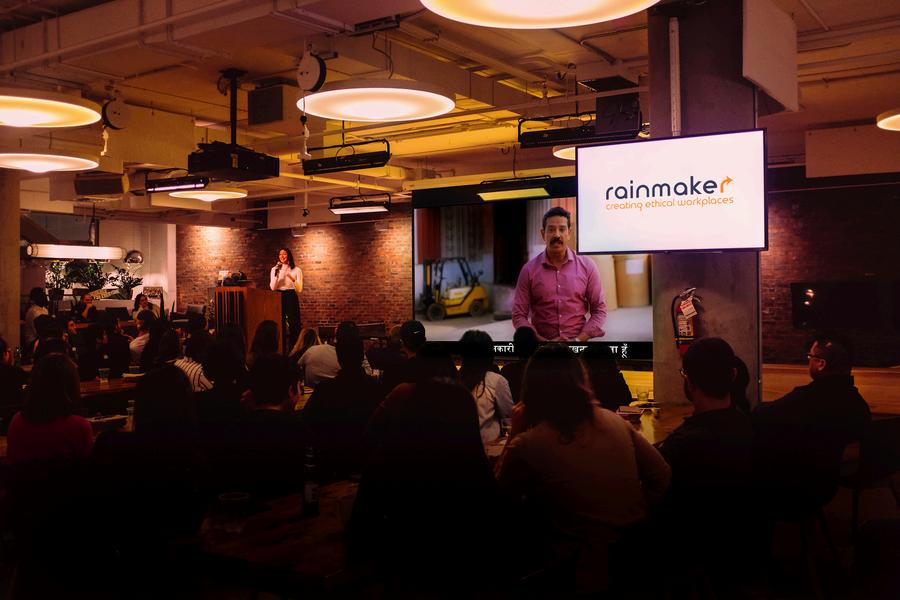




Empower Your Organization with Rainmaker’s Leadership Development Programs

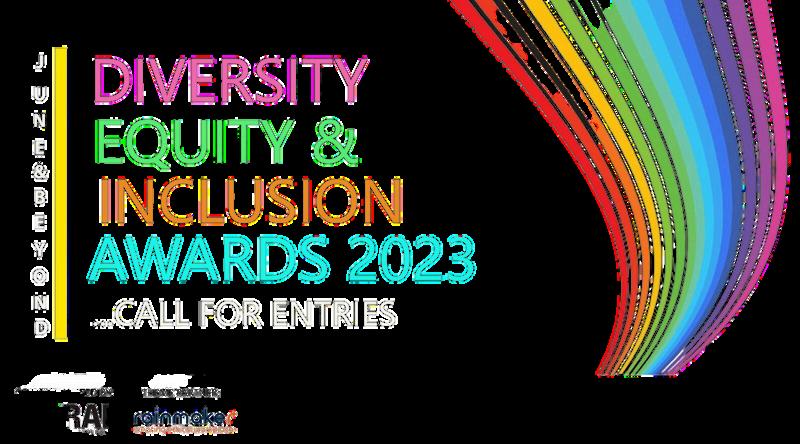



he Diversity, Equity & Inclusion Awards by the HR Association of India honor organizations that go beyond intent and truly live inclusion every day. These awards celebrate extraordinary dedication, bold initiatives, and impactful outcomes that are reshaping workplaces into spaces where every voice matters.
From trailblazing policies to people-first practices, the recognized companies have redefined what it means to create cultures of fairness, belonging, and opportunity proving that inclusion is not just a program, but a powerful way of working.


e hope you’ll be inspired by the innovative strategies, heartfelt stories, and measurable impact these journeys reflect. The path of this winning organization is a reminder that diversity, equity, and inclusion is not a destination, but a continuous movement one that thrives on resilience, dedication, and the power of collective commitment. Their story urges us all to keep evolving, to keep listening, and to keep building workplaces where everyone belongs.






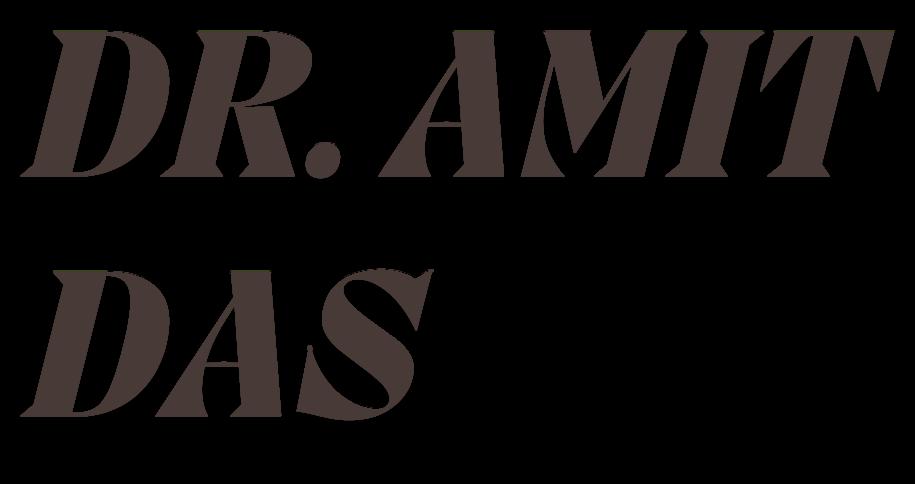
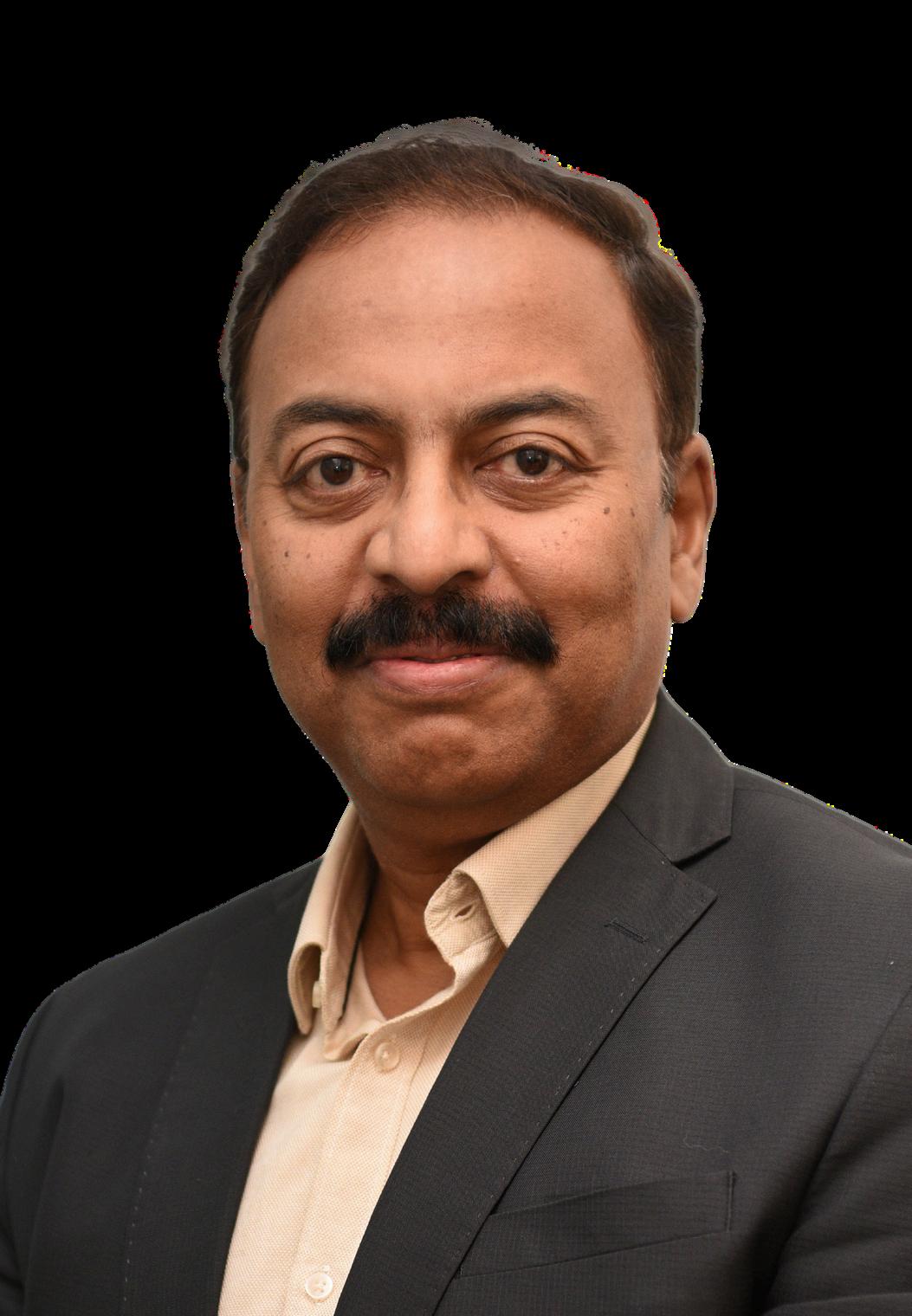


Q: What are your organization’s top 3 DE&I initiatives?
At BCCL (The Times of India), DE&I is not a program it’s ingrained in our DNA We believe inclusion is built through intent, action, and celebration.
First, our inclusive hiring policy ensures that diversity is embedded right at the entry point. Through ELEVATE, our diversity hiring program, we consciously bring equity and representation into every element of recruitment, ensuring our teams reflect the world we serve
Second, we focus on fostering peer-led communities Our Club of XtraOrdinary Women connects 700+ women colleagues across locations, creating regional forums and leadership-led dialogues These safe spaces enable support, shared learning, and growth helping colleagues see themselves as leaders of change
Finally, we celebrate diversity through recognition With platforms like the SHEunLTD Awards, we spotlight real stories of resilience, creativity, and social impact. This ensures that inclusion is not only practiced but proudly celebrated across the organization.
Together, these initiatives reflect our philosophy: diversity makes us stronger, equity makes us fairer, and inclusion makes us whole.
Q: Could you share some of the challenges you've encountered while implementing DEI initiatives, and how you've overcome them?
At BCCL, we’ve been fortunate that DEI has never been met with resistance it is deeply aligned with who we are as an organization
Our people and our policies are inherently adaptive, which has made integration
seamless rather than challenging
Instead of viewing DEI as something “new” to be implemented, we have always approached it as part of our cultural fabric Our colleagues understand that equity and inclusion are not compliance-led checkboxes but commitments that strengthen us collectively. This shared mindset means our initiatives find resonance across levels whether in hiring, leadership dialogues, or recognition platforms
What truly differentiates us is agility As the world evolves, so do our approaches We continuously listen, learn, and adapt, ensuring that our DEI practices remain relevant and impactful So rather than overcoming challenges, our journey has been about building on openness, trust, and collective ownership
Q: DEI efforts often involve addressing unconscious biases. How do you promote awareness and combat biases within your organization?
At BCCL (The Times of India), we believe cultural change flows from the top. Our leaders set the tone by consciously modeling inclusive behaviors whether in hiring decisions, leadership dialogues, or everyday interactions. When leaders lead with awareness, it creates a ripple effect across the organization
We embed this philosophy into our forums and practices Leadership-led conversations around equity, storytelling platforms that celebrate diverse voices, and peer communities like the Club of XtraOrdinary Women all reinforce that inclusion is not a policy it’s a way of working. By making leaders champions of this agenda, we ensure that the awareness of unconscious bias moves beyond workshops and becomes lived

experience
For us, combating bias is not a one-time exercise It’s a continuous journey where leadership commitment, open dialogue, and recognition of diverse contributions together shape a culture where everyone feels seen, heard, and valued
Q: What brings you the most fulfillment in your role as a Diversity, Equity, and Inclusion leader?
What fulfils me most is knowing that we are not just participating in the DEI conversation but helping shape it as an industry leader. To see our initiatives whether it’s inclusive hiring, women-led communities, or recognition platforms become benchmarks in the ecosystem is deeply rewarding.
As leaders in the media and publishing industry, we carry both influence and responsibility When our efforts inspire others, when our people feel represented, and when our culture sets a standard for what inclusion can look like, that is true fulfilment It reminds me that leadership is not about titles or positions it’s about creating impact that extends beyond the organization.
For me, every step forward in DEI at BCCL (The Times of India) is also a step forward for the larger industry That sense of purpose is what makes the journey truly meaningful
Q: Lastly, what is the message that you have for our readers?
Inclusion is not a program it’s a mindset shift When leaders lead with intent and organizations act with empathy, diversity becomes strength, equity becomes practice, and inclusion becomes culture
ABOUT THE AUTHOR
Dr Amit Das is the Director-HR & CHRO at The Times of India Group, where he leads Human Capital function for one of India’s most influential media conglomerate. With over 36 years of experience across reputed organizations including The Times of India, Reliance and RPG Group, he has led large-scale organizational transformation initiatives and seamlessly integrated HR with business strategy to drive sustainable growth across diverse industries. Beyond the corporate world, Dr Amit has played strategic Advisory roles with Government institutions and contributes actively to leading Academic Institutions as a thought leader and industry mentor.

Broadened Gender Inclusion in New Sectors
The alcohol and tobacco industries are increasingly hiring women, narrowing the historic gender gap with FMCG and other consumer sectors. Reference
Seasonal Hiring Prioritizes Women
Companies are boosting women’s temporary employment by up to 60% during festive seasons, demonstrating commitment to gender diversity at scale. Reference
Inclusive Representation in Business Education
IIMs are diversifying: IIM Indore admitted 55.24% non-engineering students in the 2025–27 batch, with Lucknow and Ahmedabad also recording over 50%. Reference
Corporate Focus on LGBTQ+ Inclusion
Organizations are adopting inclusive hiring, employee resource groups, sensitivity training, and benefits that reflect LGBTQ+ needs. Reference.
DEI Policies Taking Root in Tech
The Indian tech sector has increased adoption of formal DEI policies from 68% in 2024 to 75% in 2025, signaling a strategic shift. Reference.
Strategic Value of DEI
Companies with strong DEI programs report a 15% rise in employee engagement and around 8% higher profitability, proving business value. Reference
Rise in DEI-Focused Roles
India has seen a 35% growth in DEI-related job postings, especially in HR and governance, showing organizations are investing in specialized roles. Reference

Chief People Officer, SG Analytics
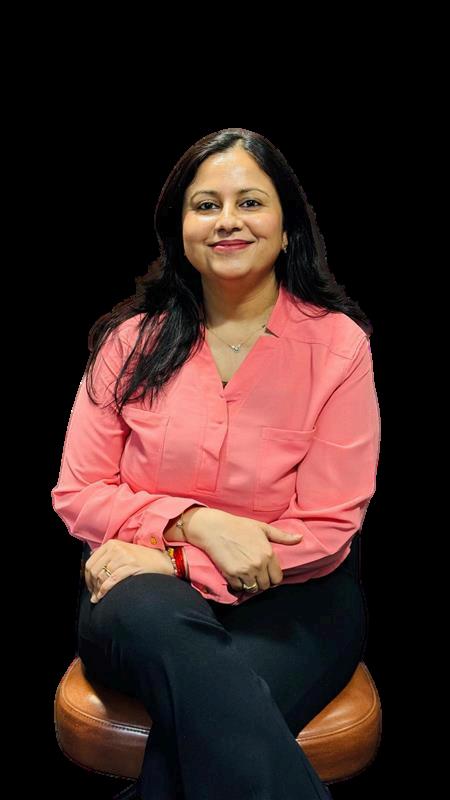

Q: What are your organization’s top 3 DE&I initiatives?
At SG Analytics, we recognize that a diverse and inclusive culture is key to our success We are committed to creating an environment where every employee feels valued and respected Our journey started with educating our workforce and fostering a welcoming culture, ensuring our initiatives resonate both within SGA and the broader community
1. Empowering Women through the ‘NoCeiling’ Initiative
Our flagship program, NoCeiling, is designed to accelerate the professional growth of women at SG Analytics Through a series of curated experiences including webinars, fireside chats, group coaching, and leadership development sessions we create opportunities for learning and advancement Roundtable discussions with senior women leaders from across the industry and our client ecosystem have opened doors for mentorship, visibility, and career progression
2. Fostering an Inclusive Workplace Culture
We are intentional about creating a workplace where everyone feels seen, heard, and valued. Our inclusivity efforts include:
Implementing gender-neutral restrooms and policies
·Ensuring diverse representation in leadership roles
·Celebrating cultural diversity through events and observances
Maintaining open channels for dialogue and feedback
These efforts help us build a psychologically safe environment where diverse perspectives are welcomed and respected
3. AspireHer: Mentorship for Future Women Technologists
As part of our commitment to social equity
and inclusive education, we launched AspireHer a mentorship program for girls from underprivileged backgrounds pursuing B Tech degrees This initiative provides structured mentorship, career guidance, and life skills training to help these young women build confidence and prepare for successful careers in technology

Q: Could you share some of the challenges you’ve encountered while implementing DE&I initiatives, and how you’ve overcome them?
Implementing DE&I initiatives at SG Analytics has certainly come with its challenges, particularly in shifting the mindset of both employees and managers Here's how we've navigated these hurdles:
1. Shifting Mindsets Across the Organization
One of the most significant hurdles was overcoming initial resistance to change, particularly around deeply ingrained beliefs and behaviors Changing mindsets required consistent advocacy and visible leadership. Our senior leadership team played a pivotal role by championing DE&I efforts, modeling inclusive behaviors, and holding teams accountable. Their active involvement helped normalize conversations around inclusion and made it clear that DE&I is a shared responsibility.
2. Confronting Unconscious Bias
Unconscious bias can subtly influence decision-making and workplace dynamics. To address this, we introduced comprehensive


training programs focused on bias awareness, inclusive leadership, and equitable practices These sessions were not one-off events they were part of a sustained learning journey reinforced through workshops, peer discussions, and real-world application. Structured hiring and performance review processes were also redesigned to minimize bias and promote fairness.
3. Establishing Meaningful Metrics
Measuring the impact of DE&I initiatives posed another challenge. We tackled this by developing clear, measurable goals and tracking progress through regular reporting Metrics such as representation in leadership, employee engagement scores, and feedback from inclusion surveys helped us assess effectiveness and identify areas for improvement.
4. Embedding DE&I into the Organizational DNA
Sustaining momentum required more than just programs it demanded cultural integration. We formed cross-functional DE&I committees, and embedded inclusive practices into everyday workflows
Celebrating diverse festivals, hosting inclusive dialogues, and recognizing inclusive leadership have helped reinforce our values Continuous engagement and feedback loops ensure that DE&I remains a living, evolving part of our culture
Q: DEI efforts often involve addressing unconscious biases. How do you promote awareness and combat biases within your organization?
At SG Analytics, tackling unconscious biases is a priority. Here’s how we do it:
1. Comprehensive Learning Programs
We offer regular training sessions, workshops,
and e-learning modules focused on unconscious bias, inclusive leadership, and equitable decision-making. These programs are designed to help employees and managers identify and challenge their own biases, fostering a more empathetic and inclusive culture.
2. Inclusive Policies: We implement policies and practices that mitigate biases, ensuring all employees feel valued and have equal growth opportunities
3 Engaging Talk Shows with Industry Experts
To broaden perspectives and spark meaningful conversations, we host DE&I Talk Shows featuring external speakers and industry thought leaders. These sessions expose our employees to diverse viewpoints, real-world experiences, and best practices from across sectors. The interactive format encourages reflection and dialogue, helping to deepen understanding and commitment to inclusion.
4. Open Dialogue: We encourage open dialogue through established channels for employees to share experiences and provide input on DE&I efforts. Regular surveys and focus groups help us identify biases and take corrective actions
5. Leadership Commitment: Our leaders undergo training on unconscious bias and are accountable for promoting diversity and inclusion within their teams. Their active involvement drives organizational change. Through these strategies, SGA is committed to fostering an environment of inclusivity and equity where all employees feel respected, valued, and empowered to succeed
Q: What brings you the most fulfillment in your role as a Diversity, Equity, and Inclusion leader?
What fulfills me most as a DE&I leader is seeing the real, human impact of our efforts when individuals feel safe, valued, and
empowered to be their authentic selves at work It’s incredibly rewarding to witness someone grow in confidence because they feel included, or to hear how a mentorship program helped shape a young woman’s career path.
Creating spaces where diverse voices are heard and respected is deeply meaningful. I find joy in facilitating open conversations, challenging biases, and driving systemic change that leads to a more equitable workplace. Our DE&I talk shows with industry experts are especially powerful they expose employees to new perspectives and foster thoughtful dialogue that sparks growth. It’s not just about policies or metrics; it’s about people Every story of transformation, every moment of connection, reinforces why this work matters. Knowing that our initiatives contribute to a culture of belonging and unlock potential across the organization is what keeps me inspired and committed.
DE&I is a journey, and being part of that journey helping shape a workplace where everyone can thrive is the most fulfilling aspect of my role

Q: Lastly, what is the message that you have for our readers?
Inclusion is not just a corporate initiative it’s a mindset, a commitment, and a continuous journey. My message to readers is this: each of us has the power to shape a more equitable and compassionate world, starting
with our everyday actions Whether you're a leader, a team member, or someone just beginning to explore DE&I, remember that progress begins with awareness and grows through empathy and intentionality
True inclusion happens when we listen deeply, act courageously, and lead with purpose It’s not about perfection it’s about progress, and every step forward matters.
Let’s continue to build workplaces and communities where diversity is embraced, equity is pursued, and inclusion is lived not just spoken about Because when people feel they belong, they thrive and so do organizations.
ABOUT THE AUTHOR
Akanksha Sane serves as the Chief People Officer at SG Analytics, bringing with her over 23 years of rich experience in human resources Throughout her career, she has held pivotal roles at renowned organizations including PTC Software, Flex Technologies, Tech Mahindra Business Services, and WNS A postgraduate in Personnel Management from the University of Pune, Akanksha has built deep expertise in strategic HR management, employee engagement, talent acquisition, learning and development, and organizational development interventions
Her proficiency with HR tools and systems is exemplified by her development of an interactive performance management system that significantly improved employee performance and aligned with broader business objectives She has also driven HR efficiency through initiatives such as shared services consolidation, process transformation, and standardization
A passionate advocate for diversity, equity, and inclusion, Akanksha has played a key role in helping her previous organizations earn accolades such as the Economic Times Best Workplaces for Women and Avtar Best Companies for Women in India. In recognition of her leadership, she was named one of the Top 10 Emerging Leaders in IT by Silicon India Magazine in September 2023.
Beyond her professional achievements, Akanksha is a Reiki practitioner who finds balance and joy in meditation and gardening.

EXECUTIVE VP & CHRO,, LARSEN & TOUBRO



Q: What are your organization’s top 3 DE&I initiatives?
At L&T, fostering diversity and inclusion at workplace continues to be a key priority, with a focus on hiring diverse talent and creating an equitable environment where all employees feel included This year the focus has been to strengthen initiatives based on the four pillars of the DEI Charter – Induct, Engage, Develop and Enable
During the year, we have hired ‘People with Disability’ (PwD) candidates in technical roles A workshop was organised to ensure support from stakeholders and an accessibility assessment was carried out for the office campus
Our flagship women leadership development program, WINSPIRE has been a huge success in developing talent pipeline with gender diversity from mid – senior levels. 765 women employees have undergone the WINSPIRE series of Leadership Development Programmes since its launch. We have launched holistic policies to support working mothers to enable their career aspirations The existing policies such as flexibility for new mothers, traveling with infant and caretaker, ergonomic chairs, wellness rooms, creche facilities, hybrid working post-maternity, and the newly introduced menstrual leave, have been well accepted
Q: Could you share some of the challenges you’ve encountered while implementing DE&I initiatives, and how you’ve overcome them?
As a core engineering and EPC organization, we recognize that our flexibility offerings may differ from those in other sectors. However, with unwavering support from our senior leadership, we have consciously built an enabling and inclusive work environment that
supports diverse talent From a wide array of learning and development opportunities, global exposure, and challenging assignments, to state-of-the-art infrastructure, we continue to invest in creating a workplace that fosters growth and well being. Specific focus has been given to supporting working mothers through policies such as hybrid work options, ergonomic seating, wellness rooms, and the recent introduction of menstrual leave. Several of our key office locations are now equipped with on-site creche facilities, enabling parents especially mothers to stay close to their young ones, at a cost significantly lower than market alternatives In our commitment to increasing female representation in engineering roles, we have consistently hired women graduates from premier engineering colleges over the past few years. Today, nearly 30% of our fresher engineering intake comprises female engineers. This marks a significant shift from earlier years when onboarding women in large numbers was a challenge due to the nature of our remote project locations and the need for physical presence. Encouragingly, we are now witnessing a growing trend of women taking up these challenging roles and excelling proving their mettle and contributing meaningfully to our project sites and offices alike
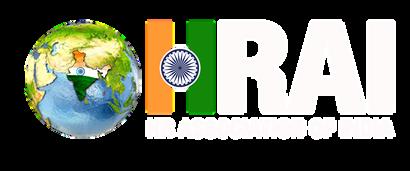

Q: What brings you the most fulfillment in your role as a Diversity, Equity, and Inclusion leader?
What brings me the most fulfillment as a DEI leader is the ability to create spaces where people feel truly seen, heard, and valued beyond just being included. While we have curated and develop the policies, execution of it in true sense is in with the people managers on ground I am grateful for the support that our business leaders and senior management have shown us in promoting gender diversity and enabling environment at project sites and offices It’s not just about policies or metrics; it’s about people, progress, and purpose.
Q: Lastly, what is the message that you have for our readers?
Inclusion starts with intention, but it sustains with everyday actions With conscious and concerted efforts, we can collectively build a diverse and inclusive environment, while embracing varied perspectives which is necessary for innovation, resilience and belonging while fostering growth & collaboration In today’s hyper connected yet divided world, inclusion means moving beyond representation, it’s about nurturing an ecosystem where every person feels genuinely valued, heard, and equipped to thrive Each of us carries the responsibility to build spaces of equity and mutual respect in our workplaces, communities, as well as personal circles. Let us together commit to listening more empathetically, challenging our biases, and shaping systems that enable every voice an opportunity to contribute meaningfully.
ABOUT THE AUTHOR
Dr C Jayakumar is the Executive Vice President & Head of Corporate HR at Larsen & Toubro, where he leads the people strategy for a global conglomerate spanning infrastructure, engineering, manufacturing, IT, technology, and financial services. With over 37 years of rich HR experience, he holds a Ph.D. in Labour Studies and has completed the Senior Executive Program at London Business School. Throughout his career, Dr. Jayakumar has led HR for multiple businesses and JVs across the L&T Group, including international leadership roles in the Middle East and Africa His expertise covers the full spectrum of HR talent acquisition, leadership development, organizational design, digital transformation, and culture building A passionate advocate of innovation, diversity, and people empowerment, he is also a recognized thought leader and frequent speaker at national and international forums

Gender Leadership Gap
A recent analysis of 840 listed companies reveals that 63% still have no women in key managerial roles, despite proven profitability gains tied to gender diversity. Reference
Profit Impact of Inclusion
Highly inclusive firms in India report nearly 50% higher profit after tax compared to their less diverse counterparts. Reference.
Diverse Hiring Growth
Nationwide, a 33% surge in diversity hiring has been observed, with data-driven insights enabling organizations to boost female representation. Reference.
Women in Tech Workforce
Women now make up approximately 36% of India’s IT workforce, a rise from earlier years. Reference.
Leadership Representation Still Low
Women hold only 18% of senior leadership positions in India, as per LinkedIn’s 2023 data. Reference.
Caste Remains Overlooked
DEI initiatives in corporate India largely ignore caste a critical but sensitive axis of inequality despite its deep societal impact. Reference.
Cities Leading in Gender Inclusion
A 2025 study rated Bengaluru, Chennai, Mumbai, Hyderabad, and Pune as the top five Indian cities for women's career opportunities and inclusion. Reference.

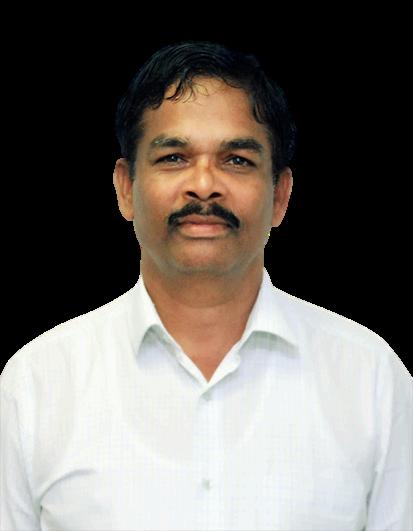


Q: What are your organization’s top 3 DE&I Initiatives?
At Ascend Telecom, DE&I is woven into our culture and business strategy. First, we have instituted structured hiring practices to increase gender diversity, particularly in leadership and technical roles Second, we run comprehensive capacity-building programs for underrepresented groups, ensuring equitable access to career growth and leadership opportunities Third, we foster inclusivity through employee resource groups (ERGs) and policies that support people with disabilities, and those from diverse cultural backgrounds. These initiatives ensure diversity is celebrated and equity is practiced across all levels of our organization.
Q: Could you share some challenges you’ve encountered while implementing DEI initiatives, and how you’ve overcome them?
One key challenge has been breaking longstanding stereotypes and cultural resistance, especially in traditionally male-dominated sectors like telecom infrastructure. To overcome this, we launched continuous sensitization workshops and leadership-driven advocacy to highlight the value of diversity. Another challenge has been ensuring equitable representation in remote regions We addressed this by creating local partnerships, leveraging digital platforms, and offering flexible working arrangements that enable wider participation
Q: DEI efforts often involve addressing unconscious biases. How do you promote awareness and combat biases within your organization?
We invest heavily in awareness-building programs. Through mandatory unconscious bias training, leaders and employees are equipped to identify and counter personal and systemic biases Regular workshops, storytelling sessions, and anonymous feedback channels provide employees with safe spaces to challenge inequities Importantly, we integrate bias checks into performance reviews, recruitment processes, and promotions. By embedding fairness into our systems, we create accountability and ensure bias does not hinder growth or inclusion.
Q: What brings you the most fulfilment in your role as a Diversity, Equity, and Inclusion leader?
The most fulfilling aspect is witnessing transformation not just in numbers, but in mindsets. Seeing employees feel truly valued and included, irrespective of gender, background, or ability, is deeply rewarding I take pride in knowing that Ascend’s DE&I journey is not only improving workplace culture but also shaping industry standards in a sector that has historically been less diverse. Being able to drive change that uplifts individuals and communities gives me immense professional and personal satisfaction.
Q: Lastly, what is the message that you have for our readers?
DE&I is not a “program” it is a shared responsibility and a way of life in organizations. True impact comes when leaders and employees see inclusion as integral to innovation, sustainability, and growth My message to readers is simple: every small step matters. Whether it’s challenging bias, mentoring someone different from you, or creating equitable opportunities it contributes to building a fairer workplace At Ascend, we believe inclusion is the bridge to excellence, and we invite all to walk this path with us.
ABOUT THE AUTHOR
Dr Harry Charles Devasagayam (Harry CD) is a seasoned HR and ESG leader with over three decades of experience in human resources, corporate governance, sustainability, and CSR Currently serving as a senior leader at Ascend Telecom Infrastructure, he has been instrumental in driving transformational DE&I initiatives, sustainability reporting, and community development programs aligned with UN SDGs. Widely recognized for his governance excellence and people-centric leadership, Dr. Harry CD has received numerous national and international awards. His vision combines business growth with social impact, making him a respected voice in HR, ESG, and inclusive leadership.

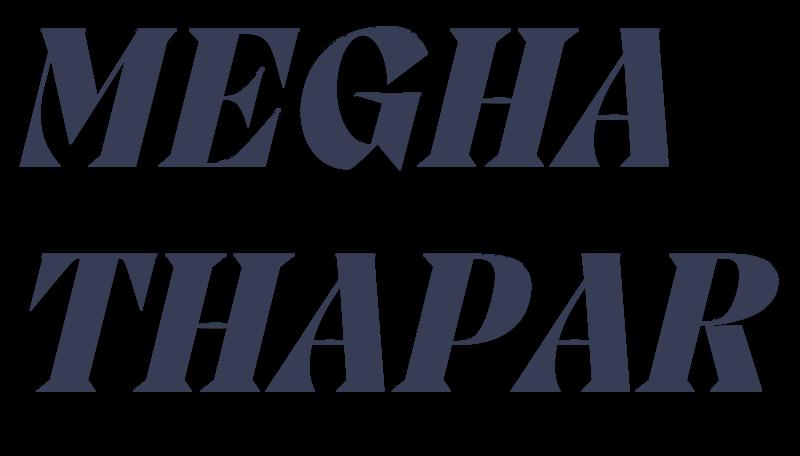
ASIA PACIFIC COMMUNITY & CULTURE LEAD, CBRE
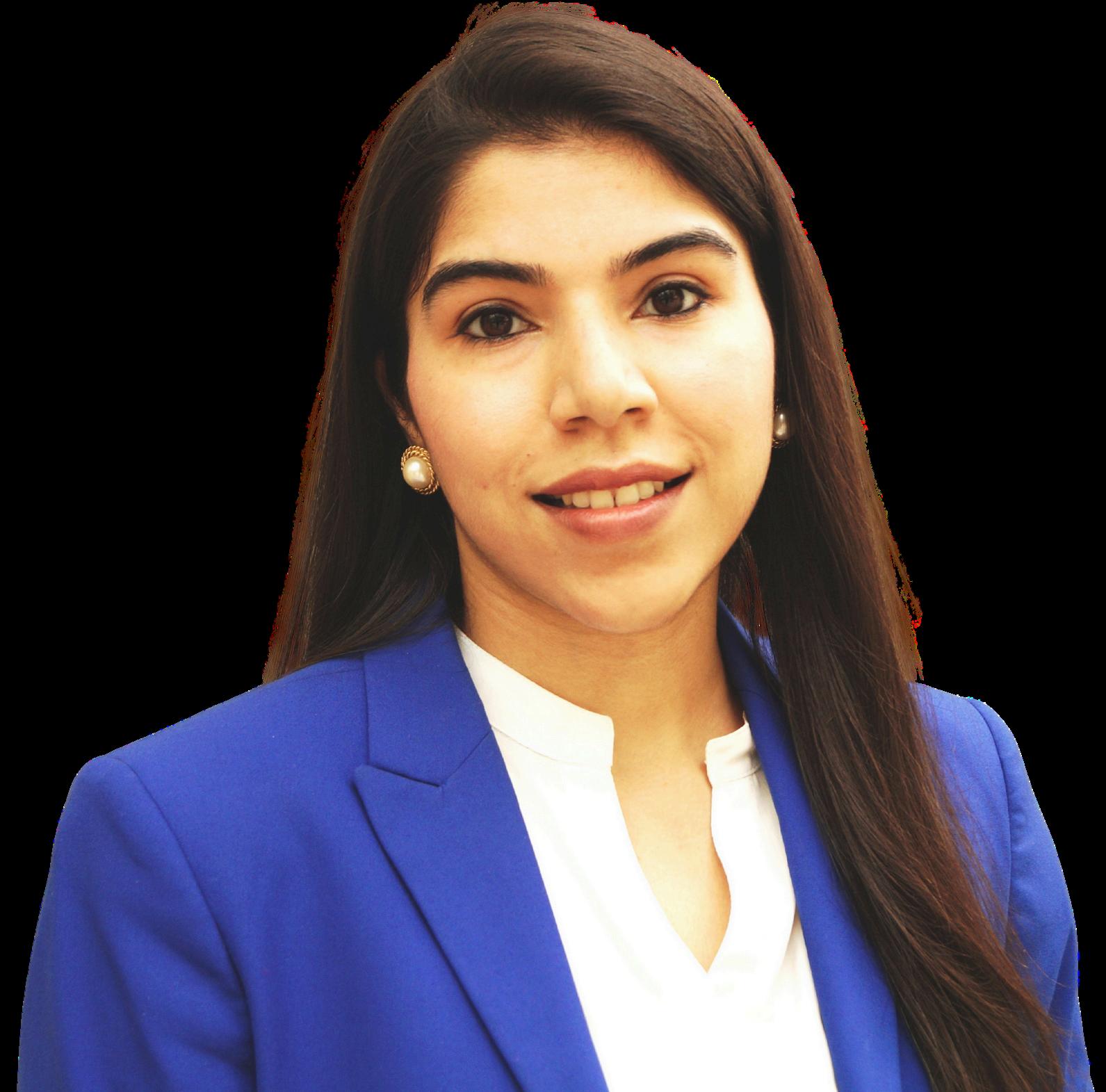


Q: What are your organization’s top 3 DE&I initiatives?
At CBRE, Diversity, Equity & Inclusion (DE&I) is more than a value it’s a strategic priority embedded in how we lead, grow, and give back. Our approach begins with accountability at the top: 15% of executives’ annual incentive compensation is directly tied to ESG goals, including measurable DE&I outcomes This ensures inclusive leadership is not just encouraged but expected We also invest in building a diverse talent pipeline. Through strategic partnerships with more than 15 organizations including INROADS, Project Destined, Hiring Our Heroes, and the Thurgood Marshall College Fund, we support underrepresented communities such as racial and ethnic minorities, women, veterans, people with disabilities, and the LGBTQ+ community These programs provide mentorship, career development, and pathways to meaningful opportunities within and beyond CBRE Beyond the workplace, our CBRE Cares platform empowers employees to make a difference. In 2024, our people contributed record-breaking volunteer hours, supported by paid volunteer time off, donation matching, and crisis support via the CBRE Employee Resilience Fund. Initiatives like the We Care campaign and Volunteer Rewards program brought our values to life transforming individual service into collective impact Together, these pillars reflect our belief that inclusion fuels innovation, and service strengthens our culture from boardrooms to communities worldwide
Q: Could you share some of the challenges you’ve encountered while implementing DE&I initiatives, and how you’ve overcome them?
One of the key challenges in implementing DE&I initiatives across APAC has been
navigating the region’s diverse cultural, legal, and social contexts while maintaining a cohesive strategy. Topics such as identity, gender, or self disclosure are perceived differently across countries, influenced by local norms and legal frameworks. To address this, we prioritized listening hosting regional focus groups, townhalls, and anonymous surveys to understand local sensitivities. We then co-created flexible DE&I frameworks with our country councils, allowing each market to adapt programs while aligning with our broader values. Another significant challenge was shifting the perception of DE&I from an “HR-led initiative” to a shared, “people powered” movement. Early on, inclusion efforts were often seen as compliance or policy driven To change this, we embedded DE&I into core business practices linking it to leadership KPIs, performance reviews, and culture metrics We also empowered Employee Business Resource Groups (EBRGs) and leadership allies to champion inclusion visibly and consistently Over time, this helped foster authentic engagement, increased ownership at all levels, and positioned DE&I as a business priority rather than a side initiative
The result is a more inclusive, collaborative environment where employees feel safe to contribute, lead, and advocate for change within their teams and communities.

Q: How do you promote awareness and combat unconscious biases within your organization?
At CBRE, promoting awareness and addressing unconscious bias is a continuous, multi-faceted effort grounded in education, leadership accountability, and everyday culture. We begin with structured training for all employees covering how to recognize and interrupt bias in hiring, communication, and team dynamics
These modules are regularly updated and integrated into onboarding, compliance, and leadership development programs to ensure relevance across roles and regions For managers and senior leaders, we embed inclusive leadership practices into our core management training, equipping them to model equitable behaviours and create psychologically safe environments. Beyond formal learning, we drive awareness through year-round initiatives like cultural observance days, inclusion campaigns, and storytelling sessions that humanize diverse lived experiences and challenge deep-seated assumptions Employee Business Resource Groups (EBRGs) play a critical role by providing safe spaces for underrepresented voices and leading grassroots education efforts. These groups also collaborate with business leaders to influence policies, language, and team practices from the ground up Our approach ensures that inclusion is not treated as a one-time training, but as a mindset embedded in everyday decisionmaking By reinforcing awareness at multiple touchpoints, we foster a workplace where bias is addressed proactively, and inclusion becomes a shared responsibility at every level
Q: What brings you the most fulfilment in your role as a Diversity, Equity, and Inclusion leader?
inspires me most is the authenticity our people bring to this work DE&I is not just about frameworks or programs; it’s about enabling voices to be heard, creating spaces where people feel safe to show up as themselves, and designing systems that empower everyone to succeed. At CBRE, I’ve seen our physical spaces become more accessible, our conversations more courageous, and our culture more representative of the world we live in This role allows me to connect purpose with people every day It’s a privilege to be part of a movement that is not only changing policies and mindsets but also shaping the emotional and cultural experience of work The fulfilment lies in knowing we’re not just transforming the workplace we’re transforming lives

Q: Lastly, what is the message that you have for our readers?
Inclusion is not a destination it’s a mindset My message to readers is simple: no matter your role, seniority, or background, you have the power to shape culture every day. DE&I is not the responsibility of a single department it belongs to all of us. It begins with listening openly, acting with empathy, and showing up with intention You don’t need a


formal title to make a difference Real impact often comes from small, consistent actions mentoring someone with a different perspective, challenging bias in a meeting, using inclusive language, or simply making space for underrepresented voices to be heard These seemingly small acts collectively create a ripple effect of inclusion. At CBRE, we recognize that inclusion is not about getting everything right it’s about making progress, learning from missteps, and committing to do better We’re still evolving, and that’s what makes the journey meaningful. What matters most is the willingness to grow, to listen, and to act Let’s build workplaces where everyone regardless of identity feels safe, valued, and empowered Because when people feel they belong, they thrive. And when people thrive, organizations succeed Inclusion isn’t a checkbox it’s the culture we create together, every single day.
ABOUT THE AUTHOR
Megha Thapar leads the Community & Culture (DE&I) portfolio at CBRE Asia Pacific, bringing over a decade of HR leadership experience across diverse markets She drives region-wide inclusion strategies, policy innovation, and employee engagement, with a strong focus on neurodiversity, equity, and inclusive leadership. Megha partners closely with business leaders and Employee Business Resource Groups (EBRGs) to embed belonging into everyday workplace culture Known for her strategic execution and empathy-led approach, she champions cocreation and empowers teams to build inclusive, human-centric environments where everyone feels valued, heard, and safe to bring their full selves to work

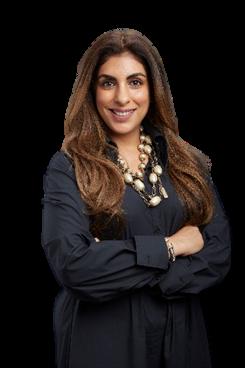
CHIEFWELLBEINGOFFICER& DIVERSITY,EQUITY& INCLUSIONLEADER,EYGDS


Q: What are your organization’s top 3 DE&I Initiatives?
Here are our top three initiatives: Inclusion Challenge: The inclusion Challenge is a virtual contest to educate, spread awareness and engage our employees through a series of inclusive activities that help them understand and practice inclusion in their circles. In this challenge employees participate by completing daily DE&I-related microchallenges Over the last three editions, more than 10,000 employees completed challenges related to LGBTQ+ and disability inclusion, gender parity, and related themes.
All in Moment (AIM): AIM is a flexible practice that takes five minutes or less. The practice requires each team in the organization to introduce small, but powerful, prompts and nudges into meetings, building an environment where all views and voices are heard and valued For example, teams may pause to encourage those who speak less often to share their inputs first or pause to consider any missing perspectives at the end of a discussion.
Theatre-style sessions on non-conscious bias: Titled 'Reframe that Bias', this intervention features external theatre group performances of 12 to 15-minute engaging skits on our office floors Focusing on non-conscious biases, they weave in themes of cultural, generational, and LGBTQ+ inclusion Over the last 60 days, we reached 16,000 employees through 58 such sessions across 19 offices. We also have our leaders engage and address employees in these interventions, thereby sharing personal experiences and creating authentic dialogue
Q: Could you share some of the challenges you've encountered while implementing DEI initiatives, and how you've overcome them?
Most organizational functions typically operate on traditional project cycles But meaningful DE&I progress operates on a transformational timeline and requires a longterm approach This has allowed us to build sustainable, deep-rooted culture change instead of chasing quick fixes.
For instance, our efforts around social equity have raised awareness of the fact that everyone has different starting points and the need for equitable opportunities Our yearround Safe Space Conversations allow individuals to share their personal and professional journeys, ask questions and find their tribe. Additionally, our ‘Ask Me Anything’ sessions with our DE&I champions, along with the establishment of a DE&I council, seek to strengthen inclusiveness as a key pillar of our culture.
We've learned to celebrate the richness of incremental progress, recognizing that improved Inclusive Leadership trainings and increased employee participation in our programs and allyship interventions are powerful indicators of growing engagement and cultural evolution Rather than expecting linear progress, we've developed sophisticated measurement frameworks that capture both quantitative and qualitative indicators of transformation This multidimensional approach has revealed victories we might have missed with simpler metrics and helped us tell more complete stories about our impact
Q: DEI efforts often involve addressing unconscious biases. How do you promote awareness and combat biases within your organization?

Addressing unconscious bias requires creative, multi-faceted approaches that go beyond traditional training. We've implemented several innovative initiatives to promote awareness and drive behavioral change. While we started with foundational unconscious bias awareness sessions, we recently concluded an engaging series of theatre-based immersive experiences on our office floors. Focusing on non-conscious biases, the intervention weaved in themes of cultural, generational, and LGBTQ+ based biases.
Currently, we also have interactive displays on microaggressions in all offices. These boards allow employees to explore scenarios, test responses and learn about impact in realtime, normalizing ongoing conversations about micro-aggressive statements.
To translate awareness into action, our next Inclusion challenge initiative planned for this year (mentioned earlier) will focus on five days of challenges based on non-conscious biases.
Q: What brings you the most fulfilment in your role as a Diversity, Equity, and Inclusion leader?
What I find most energizing is that the work demands what I call "active, strategic patience" maintaining consistent momentum while building for longevity We focus intensively on sustainable practices and programs that will outlast leadership changes and market fluctuations This long-term perspective has empowered us to invest in foundational changes that create lasting impact rather than surface-level adjustments The result is transformation work that's both more resilient and more meaningful.

I have evolved through this 13-year journey and met some remarkable people along the way, which has given me an incredible sense of purpose. I’ve cherished the opportunity to connect and collaborate with our DE&I Council, alongside colleagues who are passionate about nurturing an inclusive environment and creating spaces that celebrate diverse voices and promote social equity.
Powerful experiences are what bind us together. What propels me forward are the impactful experiences our employees bring forward Across our various programs supporting belonging, sponsorship, flexibility and different benefits around the world, there is something for all EY people, making our firm a truly inclusive workplace.


Q: Lastly, what is the message that you have for our readers?
The DE&I journey is ongoing and here to stay Approach it as a people priority and culture enabler. Understand that meaningful impact is built incrementally over time. True transformation is only possible when every individual feels seen and heard. My mantra would be to build strong platforms for community engagement Engage your teams in creative and interactive ways that spark dialogue and challenge biases. Strive to create an environment where different perspectives are not just welcomed but sought after.
ABOUT
THE AUTHOR
Jaya Virwani leads the vision, strategy, and execution of DE&I at EY GDS, driving initiatives that foster cross-cultural teaming, inclusive leadership, and greater gender equity in senior roles Since joining EY GDS in 2004, she has played a key role in its evolution from a 200-member team to a 77,000-strong global organization spanning 9 countries. She heads the Community Engagement Groups (CEGs), advancing talent development and equitable workplace practices As the Chief Wellbeing Officer, Jaya shapes and delivers the firm’s wellbeing strategy promoting a culture of health, resilience, and inclusion through initiatives that support the physical, mental, social, and financial wellbeing of its diverse workforce Her work integrates wellbeing into the employee experience, enabling sustainable, high-performing teams. Recognized for her impact, Jaya has been featured in the The trailblazing women of India List 2025, the 2023 #empowHERaccess Awards, the DE&I Leaders: Shaping the DE&I Landscape list, the UN WEP DE&I Leader list (2021), and received the Diversity Leadership Award in 2016



INTERVIEW
In the following pages, two Executive Sponsors of Lenovo employee re groups, who are driving inclusion at Lenovo India, will share their persp building inclusive communities and empowering diverse talent across t organization:
Meenakshi Dagar, Executive Sponsor for Women In Lenovo (W Anita Kapoor, Executive Sponsor for Professionals Respecting Diversity and Equality (PRIDE)


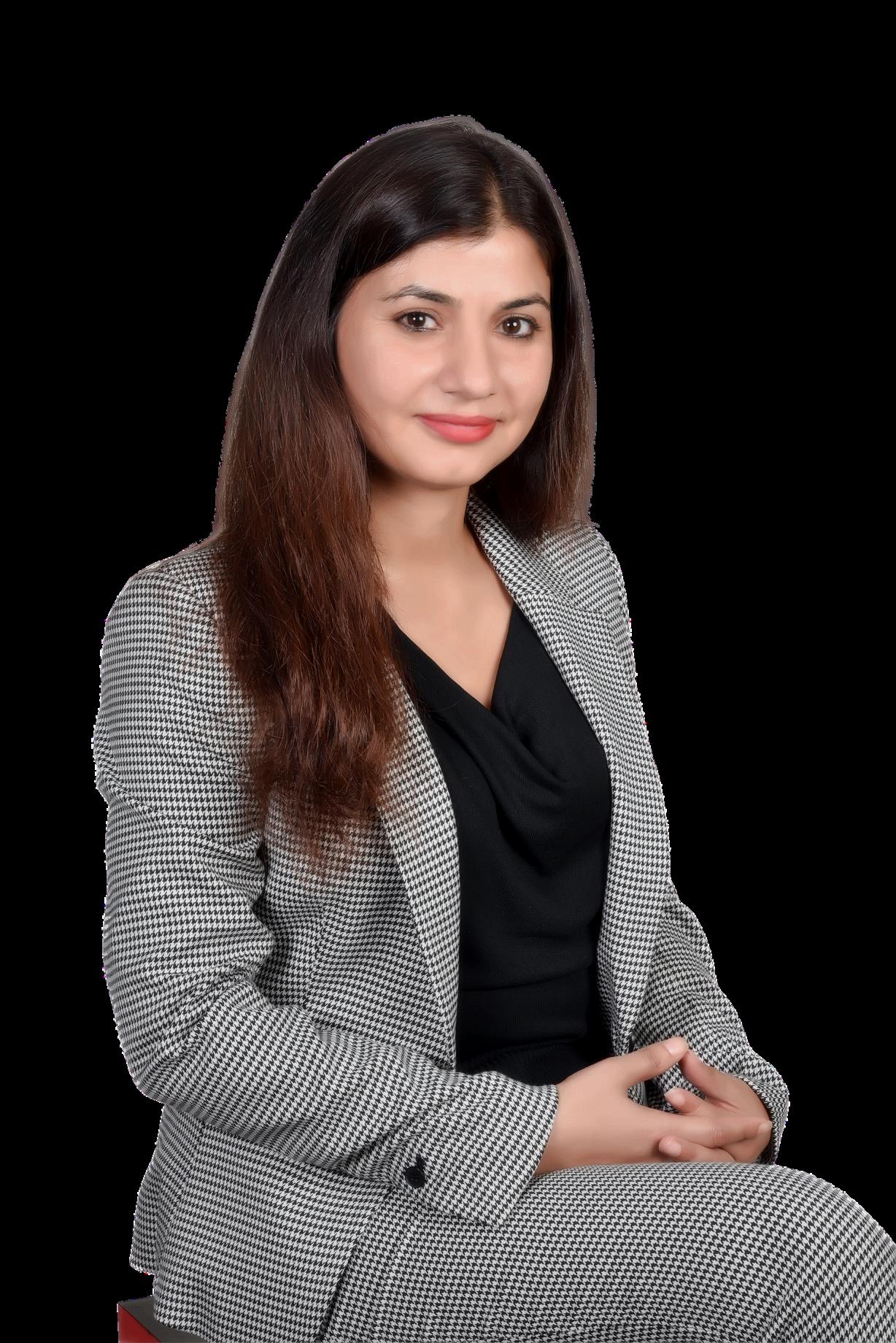
CHIEFFINANCIALOFFICERANDEXECUTIVE SPONSOR,WOMENINLENOVO


Q: What are your organization’s top 3 DE&I initiatives?
At Lenovo, our DE&I strategy is embedded into our business and people agenda aligned to Lenovo’s vision of providing Smarter Technology for All. Across global markets and notably in India, we’re focused on building inclusive systems, equitable outcomes, and innovation that reflects the diverse communities we serve Our top three DE&I initiatives include:
1 Gender Equity & Leadership Development:
We are proud of the strides made in driving gender diversity across all levels. In India, we achieved a 31% gender diversity hiring rate, with 13% of new hires at leadership levels enabled by diverse slates, referral bonuses, and inclusive hiring practices. Programs like EDGE and Catalyst Mentoring have accelerated career development and reduced attrition. India continues to contribute significantly, with leaders graduating from Lenovo’s Global Women’s Leadership Development Program (WLDP) in 2024.
2 Inclusive Innovation through Diversity by Design™ - In an endeavor to embed diversity, especially disability perspectives, into the design of Lenovo products and solutions, we aim to increase innovation and build empathy with customers. Ensuring diversity, equity, and inclusion (DE&I) are embedded in product design and development process requires an organizational discipline and a customer-centric culture At Lenovo, we introduced this discipline through the creation of the Inclusive Product Diversity Office (IPDO) in 2023. Today, our Inclusive Product Design Office (IPDO) is on track to review 75% of Lenovo products by FY25/26 ensuring inclusive experiences for users across all demographics and abilities From tactile keyboards for the visually impaired to regional language accessibility and
Responsible AI frameworks, inclusion is built into our innovation cycle. In India, we partnered with the AssisTech Foundation to test the Adidvara employment platform for visually impaired users using Lenovo devices in public trials to ensure accessible design
3. Data-Driven Culture & Global-Local
Accountability - Our DE&I success is grounded in data, leadership accountability, and inclusive culture frameworks. In India, policies allow gender self-identification (binary and non-binary), extend insurance to same-sex partners, and support accessibility audits and neurodiversity reviews Globally, our real-time diversity dashboards help track progress, while our CARE Leadership Model Communicate Across Differences, Act in Allyship, Recognize Bias, Ensure Psychological Safety fosters everyday inclusion. Our Employee Resource Groups (ERGs), including WIL, ABLE, and Pride, have been instrumental in enabling community engagement, awareness, and change
Q: Could you share some of the challenges you've encountered while implementing DEI initiatives, and how you've overcome them?
Implementing DEI initiatives at Lenovo has been both a learning experience and a transformational journey. Along the way, we've faced several key challenges, each of which we've addressed through targeted, strategic actions:
1..Building Awareness: Initial resistance to DEI efforts was addressed through companywide education and awareness programs that emphasized the business and cultural benefits of a diverse and inclusive workforce.
2 Developing Empathy: Through initiatives like Employee Resource Groups (ERGs) for various communities, specifically gender, we create spaces for employees to share their

experiences and support one another The Women In Lenovo fosters a sense of community and help develop empathy among all employees, promoting a deeper understanding of diverse perspectives such as career roadmaps, networking, personal branding and many others.
3 Unconscious Bias:
Tackling unconscious bias required a multi-faceted approach: We implemented mandatory training for all employees including managers, with specialized sessions for hiring managers
We adopted inclusive recruitment practices, such as blind resume reviews, standardized interview questions, and diverse interview panels, ensuring fair and balanced candidate assessments. Bias checks are now embedded throughout hiring and performance evaluation processes.
4 Feedback and Accountability:
We established robust feedback mechanisms, including the Lenovo Listens engagement survey, to gather anonymous input on perceptions of bias and inclusion This data helps us identify gaps, monitor progress, and shape targeted action plans.
5 Measuring Progress:
To overcome the challenge of tracking impact, we introduced measurable DEI goals and KPIs Regular reporting keeps our teams aligned and ensures we stay accountable at all levels.
6 Sustaining Engagement:
Maintaining momentum required consistent communication of our progress, celebrating key milestones, and spotlighting DEI advocates Our Employee Resource Groups (ERGs) continue to be a driving force in keeping our DEI efforts visible, active, and inclusive
culture, Lenovo is creating a workplace where unconscious bias is actively addressed, inclusion is intentional, and diversity is truly valued We continue to evolve and adapt our approach to ensure a more equitable future for all employees
Q: What brings you the most fulfillment in your role as a Diversity, Equity, and Inclusion leader?
As CFO and a DEI advocate, I find it deeply rewarding to see our DEI efforts align with financial goals, driving innovation, stronger performance, and business growth. Empowering diverse talent and fostering an inclusive culture boosts engagement and productivity. It’s fulfilling to influence meaningful change both within Lenovo and in the communities, we serve while contributing to sustainable, inclusive success.
Q: Lastly, what is the message that you have for our readers?
At Lenovo, we believe that recognizing and embracing both our differences and commonalities is essential to our success. We are committed to continuously evolving our workplace policies to create an environment where every employee feels valued, included, and supported. Together, we're building a more inclusive and equitable future Celebrate diversity, champion inclusion, and be part of this journey toward lasting, meaningful change and lastly just be yourself
ABOUT THE AUTHOR

By embedding these strategies into our
Meenakshi Dagar is the Chief Financial Officer for Lenovo India, ISO With over 20 years of diverse experience, she has held key roles across strategic and operational finance, previously contributing her expertise at Tech Mahindra and Dell Meenakshi is a qualified Chartered Accountant As Executive Sponsor for Lenovo India’s Women in Lenovo (WIL) Employee Resource Group, Meenakshi actively promotes gender equity and leadership development She supports initiatives that empower women across the organization and fosters a culture of inclusion through mentorship and advocacy
DIRECTORLEGAL–INDIA& SOUTHASIAAND
EXECUTIVESPONSOR, PROFESSIONALSRESPECT INCLUSION,DIVERSITYAND EQUALITY(PRIDE), LENOVO

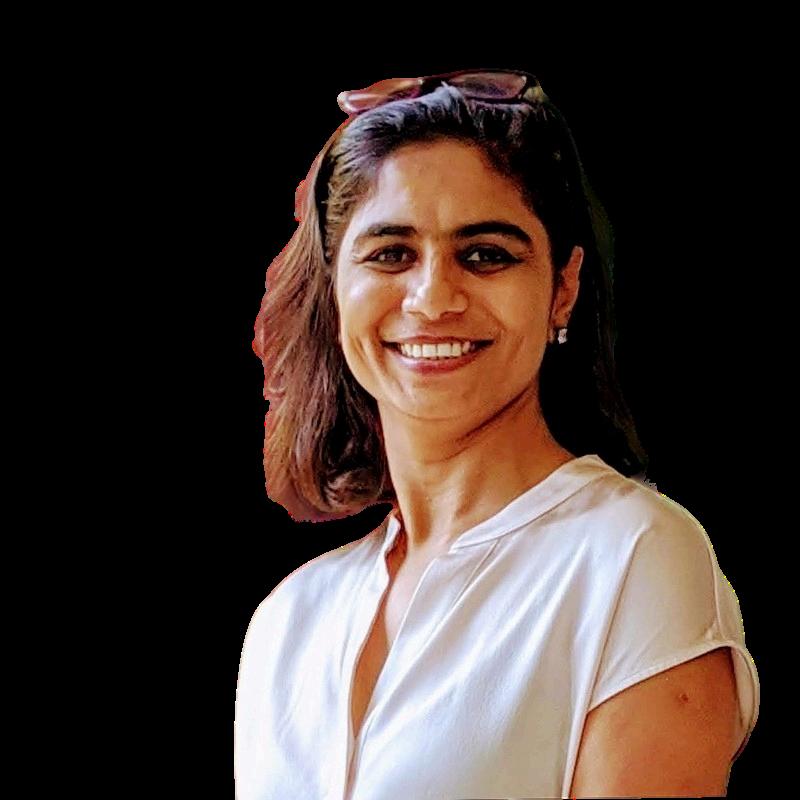


Q: What are your organization's top Initiatives to support LGBTQIA+ Inclusion & GlobalLocal Accountability?
At Lenovo, we are deeply committed to building an inclusive culture where every individual feels valued and respected. As Executive Sponsor of the PRIDE Employee Resource Group (ERG), I am proud to support meaningful initiatives that reflect both global intent and local relevance We have implemented:
-Voluntary gender self-identification policies
-Insurance coverage for same-sex partners
-Accessibility to support broader inclusion
Our workplace policies are gender-neutral by design, fostering safety, dignity, and belonging. The PRIDE ERG plays a vital role in promoting allyship, driving awareness, and building a supportive community ensuring every employee feels empowered to bring their authentic self to work.
Q: Could you share some of the challenges you've encountered while implementing DEI initiatives, and how you've overcome them?
Initially, LGBTQIA+ inclusion was bundled within broader DEI efforts, limiting visibility and impact To address this, we launched a dedicated PRIDE ERG: creating space for focused engagement, stronger advocacy, and more targeted initiatives
Another key challenge has been navigating cultural sensitivities across regions. The Lenovo approach of anchoring in global principles and tailoring actions to local contexts was well implemented to turn this challenge into another opportunity. In India, this means aligning inclusive policy updates with sensitization programs and local partnerships- while benefiting from the knowledge base and allyships across regions
Focused intent and local sensitivity helped us turn inclusion into real impact.
Q: DEI efforts often involve addressing unconscious biases. How do you promote awareness and combat biases within your organization?
Unconscious bias is real, especially around sexual orientation, gender identity, and expression. This acceptance is central to our inclusion strategy. To address the same, we focus on initiatives that help employees recognize and challenge their own biases:
Safe spaces for personal storytelling and open dialogue
Workshops on awareness and allyship training
Embedding LGBTQIA+ topics in broader bias awareness programs
These efforts help humanize the challenges faced by LGBTQIA+ individuals and break down assumptions Our gender-neutral policies and inclusive benefits reinforce our values. This ongoing education, led by both leadership and ERGs, helps cultivate a culture of respect, empathy, and authenticity across the organization.
Q: What brings you the most fulfillment in your role as a PRIDE leader?
Seeing the real-world impact of our inclusion efforts is incredibly fulfilling especially when LGBTQIA+ employees feel seen, safe, and empowered to be their full selves at work Our programs are aimed to create impact beyond workspaces by addressing the aspects affecting the wider aspects of family and society
Whether through policy changes, awareness campaigns, or cultural celebrations, it’s rewarding to contribute to positive change Knowing that we’re not only improving workplace experiences but also shaping broader understanding makes this work deeply meaningful. Ultimately, the greatest satisfaction comes from seeing people thrive, breaking down barriers, and building a

culture of belonging where diversity is truly celebrated
Q: Lastly, what is the message that you have for our readers?
Embracing diversity, especially in the LGBTQIA+ space, drives innovation, strengthens culture, and ensures fairness at every level. Inclusion is not just a moral imperative, it’s a legal and business necessity
My message is this: Champion inclusion with intention It is not the job of a few, but a shared responsibility Use your voice to challenge biases, advocate for equity, and create spaces where everyone feels welcome and respected It requires commitment, action, and accountability from each of us. When we work together, we don’t just build stronger organizations, we build a more just and compassionate society.
ABOUT THE AUTHOR
Anita Kapoor is the Director of Legal at Lenovo India, overseeing legal, compliance, regulatory, and government affairs. With over 20 years of experience as a technology lawyer, she has led complex global deals and built robust compliance frameworks across jurisdictions. Her career includes leadership roles at Cisco Systems, Lifetree Convergence, and Luthra & Luthra. Anita holds a law degree from Delhi University and is a qualified Company Secretary
As Executive Sponsor for Lenovo India’s PRIDE Employee Resource Group, Anita is a passionate advocate for LGBTQIA+ inclusion She actively supports initiatives that promote allyship, inclusive policies, and equitable opportunities for all employees Her leadership helps ensure that Lenovo’s legal and cultural frameworks reflect its commitment to diversity and respect.




Q: What are your organization’s top 3 DE&I initiatives?
At Sutherland, we’ve embedded DE&I into our organizational DNA from hire to retire through multiple programs. Three intentional initiatives that have made a difference are Diverse Mentorship & Leadership Acceleration Targeted programs for women, PWDs (Persons with Disabilities), and LGBTQ+ employees to bridge gaps in representation, retention, and advancement. Result: Increased women diversity from 29% to 41% since 2019, with >50% mentees have been promoted/elevated right after the mentorship programs
Accessibility-First Ecosystem Built physical and digital infrastructure (assistive tech, inclusive washrooms, JAWS software, flexible workspaces, inclusive hiring practices) to empower PWDs. § Result: Hired 300+ PWDs across the disability spectrum, who continue to thrive and grow with us
Allyship & Cultural Advocacy Expanded 700+ LGBTQ+ ally network, ERGs (Employee Resource Groups), and bias-awareness training to foster belonging. Result:2 points Higher experience scores for Women (Ex score 86), Lgbt and PWD cohorts, low attrition rates and stronger cross-cultural collaboration
Q: Could you share some of the challenges you’ve encountered while implementing DE&I initiatives, and how you’ve overcome them?
One of the major challenge has been addressing resistance to change specially when Inclusion & Belonging efforts are perceived as optional or performative. Our Fix? Since DEI is a leadership priority, we tied DEI metrics to bonuses, promotions,
and KPIs Suddenly, everyone cared Funny how that works but it did help
Another challenge was how do we sustain the momentum as interests can wane after initial enthusiasm. To address this, we have designed long-term strategies, weekly calendars, monthly ERG check-ins and milestones By embedding DE&I into hiring, promotions, diversity day celebrations, day ot day engagement and daily operations, we shifted mindsets from compliance to commitment
WE ENCOURAGE "HEY, THAT DIDN’T LAND RIGHT" CONVOS. NO SHAME JUST GROWTH.
Q: DEI efforts often involve addressing unconscious biases. How do you promote awareness and combat biases within your organization?
At Sutherland, a multi layered approach has been designed to address unconscious bias Training That Doesn’t bore you: No deathby-PowerPoint. Instead, real stories, roleplaying, and "Wait, did I really just say that?" moments and we onboard 100% of employees into our inclusive culture from day 1. Hiring Hacks: Blind resumes, structured interviews, and diverse panels We have a special module (hiring only the Best) for our hiring managers to recognize biases while screening candidates to ensure decisions are based on merit, not assumptions Call-Out Culture (But Kindly): We encourage "Hey, that didn’t land right" convos No shame just growth
Safe Zone - ERGs, Ally Groups, Diversity advocates, feedback channels to create psychological safety
DEI Lens in all people processes - from rewards, promotions to consequence management frameworks


Measuring it - We also measure the inclusion score in our experience surveys - 91% of our employees feel included and respected at workplace and we focus on getting it right for the remaining 9%
Result? Fewer "Oops, I didn’t mean it like that" moments and more "Wow, our team is crushing it."
Q: What brings you the most fulfillment in your role as a Diversity, Equity, and Inclusion leader?
What fulfills me most is seeing the tangible impact of our DE&I initiatives on individuals and the organization as a whole That "aha" moments when someone realizes their potential because the system finally sees and supports them. When a woman in our mentoring program secures her first leadership role, when a colleague from the LGBTQ+ community shares that they finally feel safe to bring their whole self to work, or when we onboard a person with a disability who thrives because we’ve built an accessible workplace those moments reaffirm why this work matters
Beyond individual stories, I’m energized by the cultural shift we’re driving Metrics like increasing our women representation from 29% to 41% since 2019, hiring 300+ PWDs across the disability spectrum, and growing our 700+ LGBTQ+ ally network prove that systemic change is possible.
DE&I isn’t just about fairness; it’s about unlocking potential. When diverse voices are heard, innovation follows, retention improves, and the business grows stronger That’s the ultimate fulfillment knowing we’re not just checking boxes but transforming lives and the future of work
Q: Lastly, what message would you like to share with our readers?
"Inclusion is a verb." It demands action not just policies, but daily choices to listen, advocate, and challenge the status quo.
To Leaders: Stop patting yourselves on the back for one diversity hire. Build systems that lift everyone. Embed DE&I in business strategy, not HR checklists Your balance sheet will thank you To Allies: Speak up, even if your voice shakes. (And if you’re privileged, pass the mic ) To those not thinking about DE&I yet: Wake up Your blind spots are costing you talent, innovation, and relevance
At Sutherland, we’ve seen firsthand how intentional DE&I efforts create a workplace where people don’t just survive but thrive Today we are thriving on each DEI metric, are a GPTW certified top workplaces for women, IWEI gold employer, Global Pride Ally challenge winner (2024) and have swept awards across categories in forums like DivHERsity We still have miles to go My urge to all of us - Keep pushing forward The future isn’t going to be just "diverse" –it’s going to be unapologetically inclusive.
ABOUT THE AUTHOR
Renu Jethani is the Sr AVP & HR Head –India, South Africa & Global Verticals, Sutherland.
Renu leads HR for 40,000+ employees across 14 countries at Sutherland, driving inclusive, digital, and performance-driven workplaces. Under her leadership, the company has been ranked among GPTW’s Top 50 IT/ITES employers, achieved record-high retention, tripled employee experience scores, and advanced gender diversity to 40% in India

1. DEI Job Market Gains Momentum
India has seen a sharp rise in DEI-related roles, with a strong focus on HR and governance. Employees are also becoming more selective nearly 70% now factor active DEI initiatives into their choice of employer.
2. Women in Leadership – The Long Road Ahead
Studies show that companies with higher gender diversity in leadership report significantly better financial performance. Yet, a majority of Indian firms still have no women in key managerial roles showing the gap between progress and practice
3. Recognition Gaps Threaten Inclusion
Even in workplaces considered “inclusive,” only a fraction of employees feel genuinely recognized. This highlights a critical cultural gap: policies may be in place, but lived experiences often lag behind
4. Addressing the Caste Conundrum
While gender, race, and disability remain focal points, caste continues to be an overlooked dimension in corporate DEI. Experts emphasize the need for more “Indianized” approaches that directly address caste dynamics in workplaces.
5. Education Driving Change
Government action and scholarships are driving positive shifts in education, especially in STEM. Female enrollment in engineering, for instance, has surged dramatically in recent years, paving the way for a more diverse talent pipeline.
6. DEI as Part of ESG & Employer Branding
DEI is no longer treated as a standalone initiative it is increasingly woven into ESG strategies and employer branding Younger generations, especially Gen Z, are choosing workplaces that align with values of mental health, inclusivity, and growth.


DE&ILEAD,TEKWISSEN

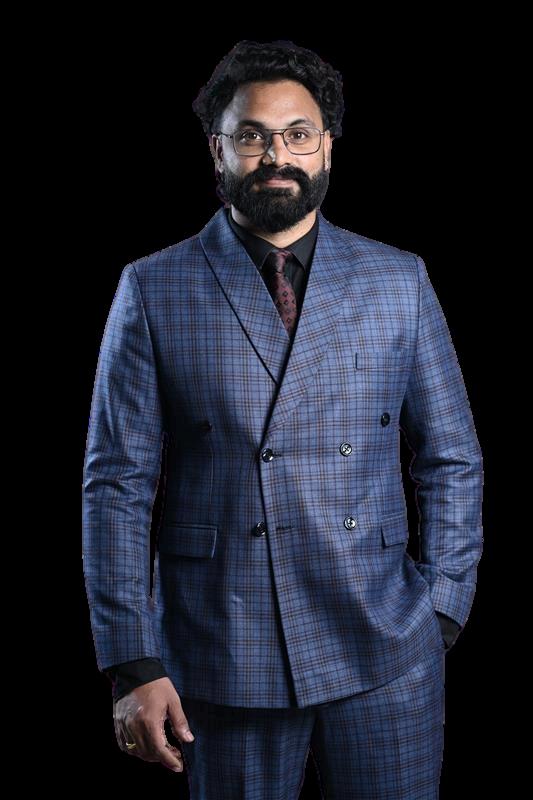
Q: What does DE&I mean to TekWissen?
At TekWissen, DE&I isn’t just an initiative it is the heart of our culture. It is about creating an environment where every individual, regardless of their background, feels respected, empowered and truly included. For us, diversity brings strength, equity builds trust, and inclusion drives innovation
DIVERSE PERSPECTIVES HAVE LED TO MORE CREATIVE PROBLEMSOLVING AND A STRONGER SENSE OF BELONGING ACROSS THE BOARD.
Q: How has your organization embedded DE&I into its day-to-day culture?
We have made DE&I a shared responsibility From inclusive hiring practices and onboarding experiences to Employee Resource Circles and DE&I training programs our efforts are embedded across the employee lifecycle. We actively encourage open dialogue, celebrate diverse voices and ensure leadership accountability in driving inclusive outcomes
Q: What impact have you seen as a result of your DE&I efforts?
We have seen greater team collaboration, deeper empathy across teams and increased employee engagement. Diverse perspectives

have led to more creative problem-solving and a stronger sense of belonging across the board. More importantly, employees feel safer, seen and heard which is invaluable
Q: What’s next in your DE&I journey?
We are focused on scaling our impact not just internally, but within the communities we touch This includes mentoring programs for underrepresented groups, stronger allyship training and measuring inclusion through employee feedback Our journey is ongoing and we are excited to keep learning and evolving together.
ABOUT THE AUTHOR
With over 17 years of experience in Learning & Development, Anumalla Sandeep Rao leads Learning & Development and Quality at Tekwissen® ITES He specializes in building strong QMS frameworks, defining measurable KPIs, and driving initiatives that foster continuous improvement and employee growth. A B.Tech graduate in Computer Science and IT from JNTU, with certifications from Dale Carnegie Training and Vskills, he is passionate about unlocking potential, bridging skill gaps, and delivering performance-driven learning solutions that create lasting impact for individuals and organizations alike

GLOBALHEAD–DIVERSITY, EQUITY&INCLUSION BIRLASOFTLIMITED
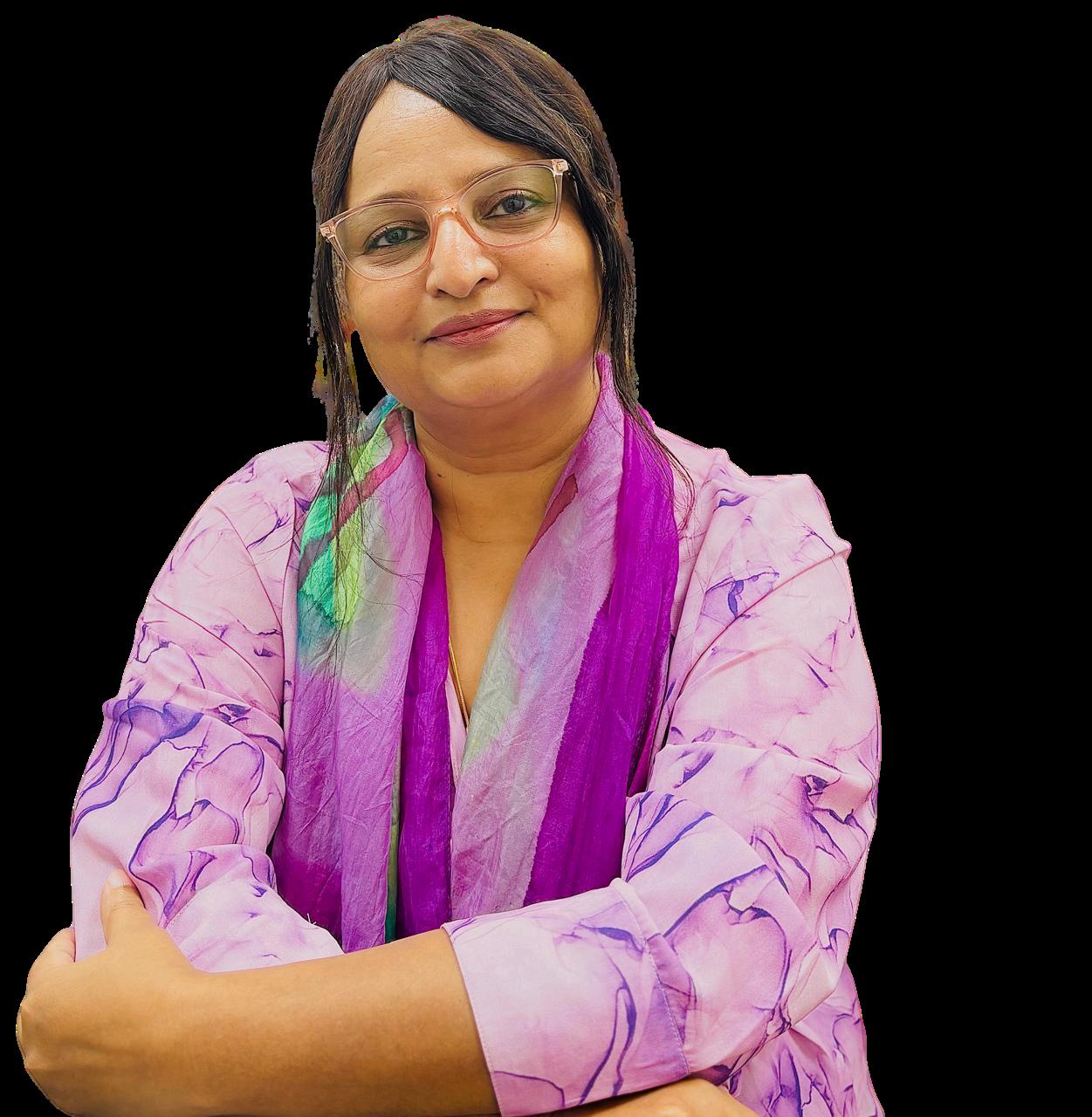


Q: What are your organization’s top 3 DE&I initiatives?
1. Her Voice Unplugged - Women Leadership Sharing Forum
This quarterly forum gathers senior women leaders at Birlasoft from around the world to create a space for connection, inspiration, learning, and mutual growth. Aimed at women in leadership roles, this platform allows participants to engage in meaningful dialogue, share experiences, and build strong personal and professional networks. The forum aims to strengthen leadership presence, foster peer learning, and support the advancement of women leaders within the organization
2. BEmpowered is a women's leadership development program designed to strengthen our succession pipeline by equipping highpotential female talent with the skills, exposure, and support needed to take on senior leadership roles in the future. It is divided into two phases: - 10 weeks leadership development program followed by 1-0-1 mentoring BEmpowered is designed for women employees at mid-senior to senior levels who have demonstrated high performance and leadership potential. Eligible participants must have been with the organization for at least 12 months and received top two performance ratings. The Rise and Lead program, under the BEmpowered umbrella, spans 10 months and includes seven focused skill-building sessions and two group coaching interventions. It equips participants with the tools and confidence to step into larger leadership roles
3. Mandatory DEI Training- Building an Inclusive Workplace for assimilation of all diverse groups
Foster an inclusive workplace, all employees undergo mandatory DEI training focused on key behaviors and mindsets
Q: Could you share some of the challenges you’ve encountered while implementing DE&I initiatives, and how you’ve overcome them?
Challenges in terms of lack of representation of certain diverse groups which can lead to feelings of isolation, Sometimes systemic barriers to DEI can be complex, Ensuring that DEI initiatives are not just symbolic is important. We continuously embed DEI as a core part of our culture to combat challenges
Q: DEI efforts often involve addressing unconscious biases. How do you promote awareness and combat biases within your organization?
We are committed to ensuring that everyone feels valued and respected in our organization, and our dedicated forums play a crucial role in this mission To cultivate an inclusive environment, all employees undergo mandatory Diversity, Equity, and Inclusion (DEI) training that focuses on several key behaviors and mindsets These include:
Self-Reflection: Encouraging individuals to identify their internal biases, suspend judgment, and build stronger relationships with colleagues.
Inclusive Behavior: Promoting open communication, psychological safety, flexibility, empathy, respect, and autonomy within the workplace.
Talent Development: Enabling growth through mentorship, networking, and cross-functional opportunities, ensuring everyone has the chance to succeed
Career Guidance: Offering support to all employees, particularly women, in navigating career milestones and breaking through barriers
Addressing Barriers: Sharing personal stories, building support networks, and encouraging allyship and sponsorship to create a more inclusive environment

Fairness & Equity: Ensuring equitable rewards and access to opportunities based on merit and individual needs.
Additionally, we have established allyship forums to further promote inclusivity within our organization. These forums provide a platform for employees to share their experiences, support one another, and work together to create a more inclusive workplace.

Q: What brings you the most fulfillment in your role as a Diversity, Equity, and Inclusion leader?
As a Diversity, Equity, and Inclusion (DEI) leader, I am passionate about creating positive change within our organization My vision revolves around three core areas: impact on individuals, cultural shifts, and systemic change Seeing individuals from underrepresented groups thrive and succeed in their careers is incredibly rewarding. Additionally, witnessing organizational cultural shifts towards greater inclusivity and equity, and contributing to systemic changes that promote DEI, are crucial aspects of my mission In our efforts to build inclusive communities, it is essential to foster a sense of belonging for everyone, ensuring that all individuals feel valued Empowering marginalized voices by amplifying their perspectives and building diverse teams that reflect the richness of our community and industry are key steps in this journey
Developing and implementing effective strategies is another cornerstone of our DEI work. Utilizing data-driven decision-making enables us to craft informed DEI strategies and measure progress accurately We aim to develop innovative solutions to tackle complex DEI challenges and build strong collaborations and partnerships with diverse stakeholders to advance our DEI goals.Personal growth and development are fundamental to our success Continuous learning helps us stay current with best practices and research in DEI. Enhancing our leadership skills and expertise in DEI, as well as mentoring and supporting others in their DEI journeys, are vital components of our ongoing development Finally, celebrating our successes is crucial to maintaining momentum. Recognizing progress and achievements along the DEI journey, sharing impactful stories to inspire others, and using these successes to drive further change are all part of our commitment to building a more inclusive and equitable organization
Q: Lastly, what is the message that you have for our readers?
Leadership buy-in is crucial. Leaders should lead by example, modeling the behavior they expect from their team members Demonstrating vulnerability, empathy, and openness goes a long way. Additionally, it's essential for leaders to clearly communicate the importance of psychological safety and how it impacts our organization's success.
Open communication is another key component. Encouraging feedback is vital, so let's create channels where team members can provide their thoughts, suggestions, and concerns without any fear of retribution. Practicing active listening is also important –let's make sure to ask clarifying questions and paraphrase to ensure we understand each

other Transparency is important; sharing information about our organization's goals, challenges, and decisions helps build trust and understanding Building trust and empathy among team members is essential Let's get to know each other better by sharing our interests, values, and experiences. Recognizing and appreciating each other's contributions is also important – let's celebrate our successes and milestones together. Supporting each other's well-being is crucial, so let's prioritize mental health, work-life balance, and stress management. Embracing vulnerability and mistakes is another important aspect We should normalize mistakes and view them as opportunities for growth and learning. Leaders and team members alike should share their vulnerabilities, fears, and doubts to create a sense of shared humanity. Encouraging a growth mindset will help us view challenges as opportunities for development Lastly, holding ourselves and others accountable is essential for maintaining a culture of psychological safety. Let's commit to these strategies and support each other in creating an environment where everyone feels safe to speak up, take risks, and contribute their best
ABOUT THE AUTHOR
Sarika is the Senior Director – HR & DEI at Birlasoft, driving affirmative hiring, inclusive culture-building, leadership development, and behavioral training initiatives. With over 20 years of experience across HR, L&D, and organizational development, she has previously served as CHRO at Neosym Industry (C K Birla Group) and led L&D at John Deere India
An MBA in HRM and UGC-NET certified, Sarika is also accredited in NLP, DISC, BELBIN, and FIRO-B, enabling her to bring deep behavioral insights into people strategy Passionate about creating workplaces where diversity thrives and learning never stops, she continues to shape progressive and inclusive HR practices.

